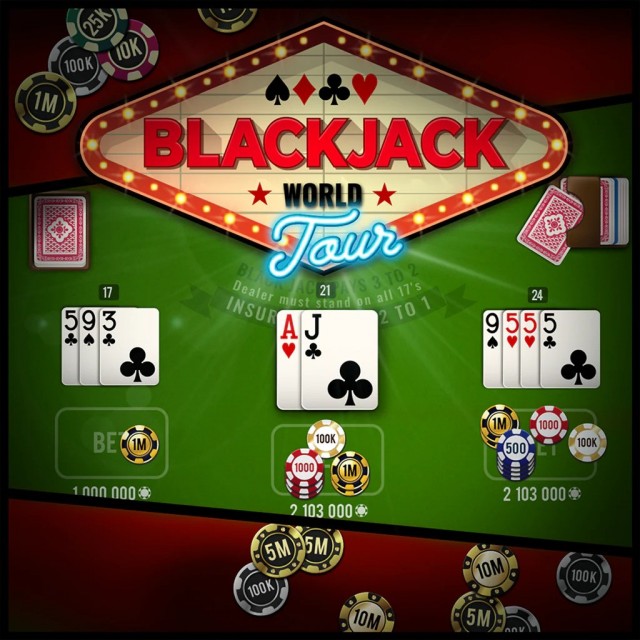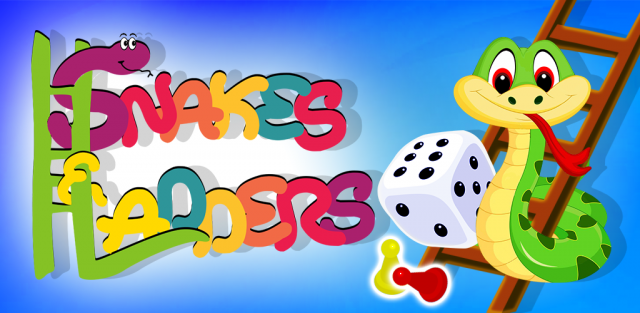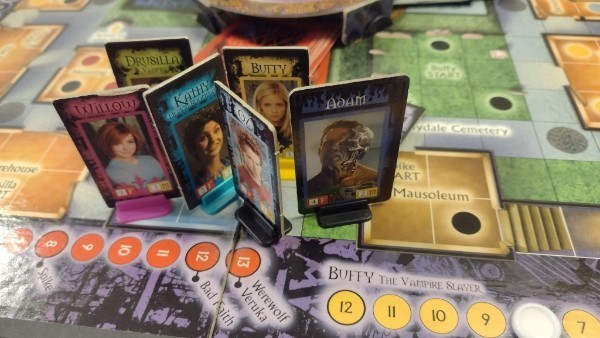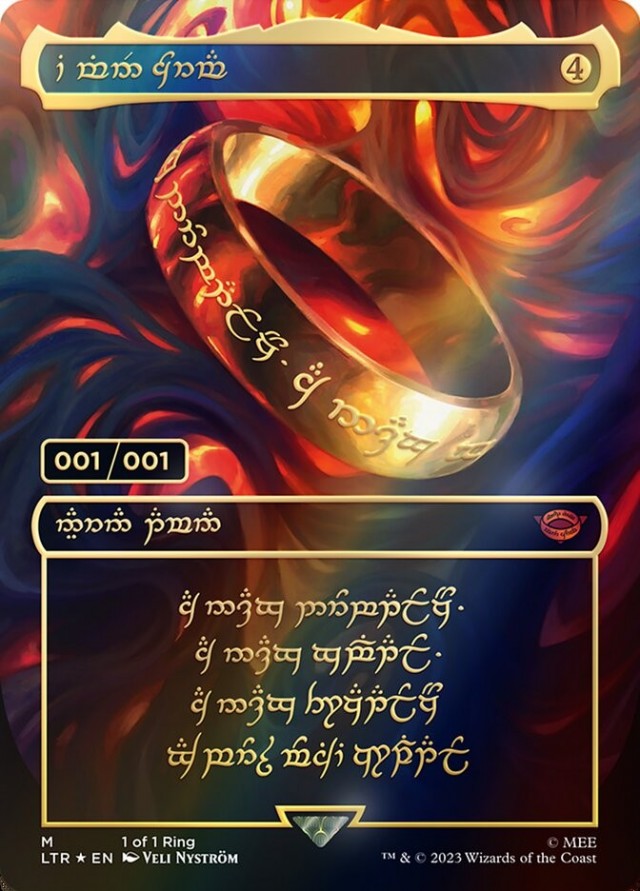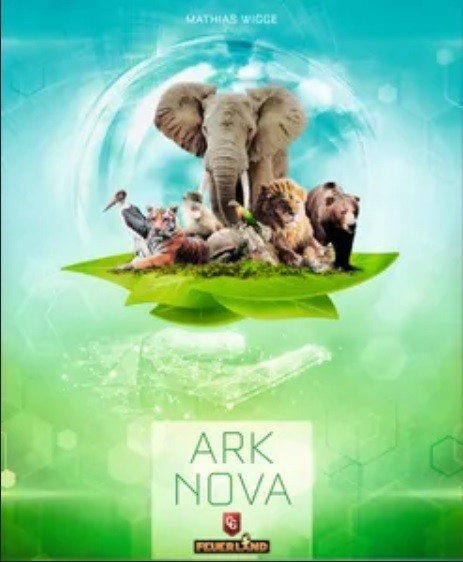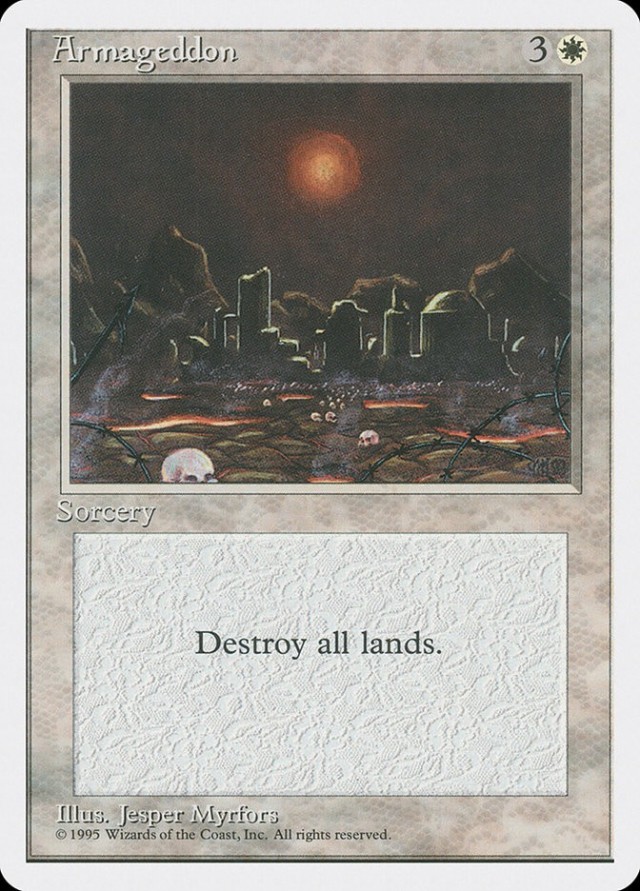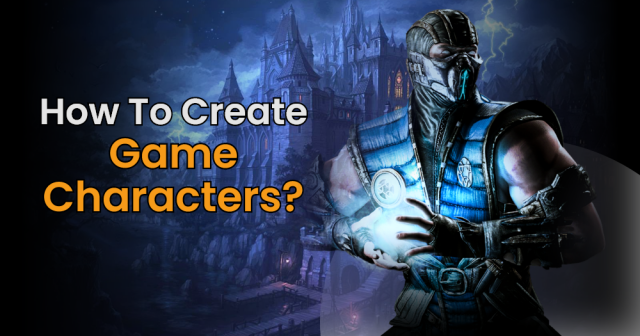Matt? Didn't he actually used to write opinion pieces around here?
 Well yes. But there's only so many times one can make the same argument, so until I either have another interesting idea (which is rare, what with my brain constantly being invaded by thoughts of armadillos) or riled enough about something else enough to want to write some withering deconstruction of it I guess I'm stuck doing reviews, and you're stuck reading them. Besides, when I have something I want to review I find the review half-writes itself and then sits in my head like a big, gloating toad, firing off all my synapses and preventing me from working or sleeping until I can expunge it somehow. And writing it down turns out to be an excellent method of expungement. Is that actually a word? Does anyone care? Ah well, at least we've got something a bit different for you this week - some trash culture reviews.
Well yes. But there's only so many times one can make the same argument, so until I either have another interesting idea (which is rare, what with my brain constantly being invaded by thoughts of armadillos) or riled enough about something else enough to want to write some withering deconstruction of it I guess I'm stuck doing reviews, and you're stuck reading them. Besides, when I have something I want to review I find the review half-writes itself and then sits in my head like a big, gloating toad, firing off all my synapses and preventing me from working or sleeping until I can expunge it somehow. And writing it down turns out to be an excellent method of expungement. Is that actually a word? Does anyone care? Ah well, at least we've got something a bit different for you this week - some trash culture reviews.
None of this stuff is new. In fact most of it is quite old so you might well have come across it already. But I've got to ditch the toads somehow, so since there's quite a few of them and they're old (did I mention they were old?) I thought I'd so some quickfire one-paragraph reviews. We've got two books, two films and two XBox (no, not 360: these are old, remember? But both are available for PC) games to get through so let's get on with it. Then we can all go back to drinking beer and smoking crack.
First up is the latest edited release from the papers of JRR Tolkien, The Children of Hurin. Now, I'm enough of a Tolkein geek to have read the Silmarillion, several times and to have formed the opinion that it represents the pinnacle of Tolkeins' work, rather than Lord of the Rings (good as it is). However I have enough of my brain still planted in the real world to remain well aware that it's not everyone's cup of tea: not least because the opening chapters of it are unforunately rather tedious first time through since it's only the later chapters that show you why the stuff in the opening chapters is relevant. If you're one of the many LotR fans who've tried to read the Silmmarillion and failed, The Children of Hurin aimed at you. It takes one of the best stories from the Silmarillion, the bleak and woeful tale of the anti-hero Turin Turambar and attempts to turn it into a full-length narrative which reads more like a fantasy adventure novel but still retains some of the mythic quality from the Silmarillion. Unfortunately, it turns out to be one of those attempts at finding a stylistic compromise that will end up pleasing neither camp. If you've read the Silmarillion and enjoyed its style you'll find very little new here. If you're dipping your toe into the history of the First Age for the first time then you'll probably still find the literary style offputting and the attempt at turning it into a novel leaves an irritatingly jagged narrative which you may find slightly baffling since you'll know nothing about the wider world in which the adventure is set. So it pretty much does what it says on the tin - it offers a good doorway into the world of the Silmarillion for LotR fans who've not yet bothered since it represents something of that world whilst remaining fairly accessible - but as a book, purely on it's own merits, it isn't up to the standards of Tolkeins other work.
Next we have Foucault's Pendulum by Italian philosopher Umberto Eco. I know you're all thinking that this is going to be another slice of the pretentious pseduo-intellectual wank for which I've become infamous, but wait - the Ameritrash hook here is that this is a book packed full of fantastically well researched information about the history of occultism. So if you want to know everything there is to know about the Knights Templar, the Rosicrucians, the Masons, the Kabbalah, Satanists and a half-dozen or so other European secret societies neatly packed up into a readable novel instead of a dry history book, this could be for you. There's also a nice old fashioned thriller and some fairly deep meditations on the nature of humanity thrown in for good measure, which is just dandy. The problem with the book is that Eco, who is known for the depth of rearch that goes into his novels, seems unwilling to throw anything away once he's done all that reading and wants to cram in factoids whenever he gets the chance. As a result, the book manages to be by turns both brilliantly enlightening and excruciatingly tedious. Sometimes I found the depth of research fascinating, at others I felt like I was being lectured by a particularly patronizing academic. I thought the characters were paper thin and yet their thoughts and actions managed to offer some startling insights into the human condition. The narrative passages are sometimes breathtakingly gripping and at others times dreadfully turgid. On the whole though, this gets a thumbs up. The first and last twenty or so chapters were seriously brilliant. The eighty chapters in between could probably have benefitted from some major editing.
Film time. I recently caught two Steven Spielberg sci-fi films on the TV that I'd had no interest at all in going to see at the cinema when they came out. The first is Minority Report in which Tom Cruise plays a cop in a future law enforcement system which uses psychics to predict murders and catch the criminals before they commit the crime: it's alleged to be foolproof until Cruise is forced to go on the run when the psychics finger him as the next murderer. But why am I telling you this, when you've probably already seen it? It's a solid enough action film, although it has one vast, gaping plot hole which the suspension of disbelief goes nowhere toward covering (spoiler free hint - you think the police would have updated the security system after he went AWOL, wouldn't you?). But while it wasn't dull, I found two things about the film exasperating enough that I'd never watch it again. The first is the unbelivably crass product placement - the film is crammed from beginning to end with totally obvious, in-your-face brand logos and marketing. A little of this is fair enough but there's just no respite from it at all here, and after a little while it starts to grate, before eventually bringing on a white-hot spasm of fury every time another one is served up and rammed down your throat. The other is that the film raises a number of interesting intellectual and moral issues around the concepts of free will and determinism and then makes no effort at all to explore them. Other science fiction films such as the Matrix trilogy have demonstrated time and again that it's entirely possible to make a film that can deal with intellectual subject matter in an informal way and still remain accessible and exciting. So the failure of Minority Report to even try is pretty much inexcusable.
This contrasts greatly with the next Spielberg opus under the spotlight which is AI: Artificial Intellegence. My partner wanted to watch this and I thought from the outset I was going to absolutely hate it, but instead ended up both impressed and quite powerfully moved. AI tells the story of a robot made in the physical and mental image of an eight-year old boy who is adopted by a family whose own child is in a coma with a terminal illness. When an advance in medical science allows the sick boy to return to health, the family abandons the robot to fend for himself, and the bulk of the film deals with his quest to, with his childlike understanding of the world, make himself into a "real boy" so that they will take him back. There's a lot to like about the film - the acting from the two lead robots is uncanny, especially given the youth of one of them - and equally some things not to like such as uneven pacing and plot. But ultimately I came away from the film with a great deal to consider in terms of the moral questions surrounding potential advances in AI research, such as when does something that can simulate thinking stop being a machine and become am individual which deserves rights and protection? I also found that the often mawkish sentimentality that Speilberg loves to stuff into his films - and which was a common cause of criticism here - for once worked very well on me, and I found the conclusion of the film left me with a lump in my throat as well as a lot to think about. One that will very much bear repeat viewings, I think.
Finally we're in to video games. Having not played any for a good many months (some of you may remember a column I wrote decrying the current state of the video game industry) I decided that they were probably a better way to spend time than possibly the geekiest pursuit of all - playing solo boardgames. So I fired up my Xbox and got a couple of games off Ebay. The first was Fable: the Lost Chapters. Now I'd passed on the original game largely because of criticisms that it was far too shot, but the Lost Chapters edition adds a ton of content and manages to get up to the 10-15 hour play time you'd expect for a once-through of a modern title. Critics also had a go at it for being too easy and because it's much vaunted morality system was far too simplistic. But with the addition of that extra content, I'm pleased to report I found it a fantastic game. Yes, it is too easy, but that bothers you then you can handicap yourself quite easily by denying yourself access to one or more of the games combat mechanisms - melee, ranged or spells (a combination of all three is most effective). The morality system is indeed simplistic but I still found it gave an added dimension to the game - it's nice that you're free to react accordingly if annoyed by one of the games' characters and that your alignment and legal status will change accordingly. I also found that the "good" and "evil" approaches to the game were different enough to make it worth playing through twice. But ultimately it's other things about the game which make is succeed. It has an infectious tongue-in cheek sense of humour (what other largely serious RPG title allows you to find and wear a fetching purple velent and leapordskin pimp hat to top off your plate mail?) and the balance between the arcade style of fighting, platform-like minigames and RPG elements is done nicely, creating an integrated and pleasing whole.
So having regained a taste for computer based RPGs through Fable (I lost it originally after playing Baldurs Gate II, which I disliked) I went casting about for other lauded RPG titles on the XBox and came back with The Elder Scrolls III: Morrowind. This is the exact opposite of Fable in terms of play time, since it offers an overload instead of a paucity: my copy of the Game of the Year Edition, including both expansions, boasts a jaw-dropping potential play time of 300 hours. This isn't the only unusual thing about Morrowind. It rather seems to me like the studio simply ripped up the rulebook of good game design in the interests of creting as free-form a game as possible. They threw out game balance: there's nothing to stop new characters wandering into the deadliest areas of the game right from the off and similarly, a clever player can acquire hugely powerful equipment not far into the course of their adventures. The RPG mechanics are not only massively abusable in terms of creating uber-characters but point toward tediously repetitive gameplay since you earn experience by repeating actions such as fighting or casting spells. The interface is a mess, most notably in the case of the "journal" which records your quest information and rapidly fills to hundreds of pages but gives you no sort of index or filter of any kind, leaving you fuming as you page back and forth looking for one vital scrap of information. There are various other things that ought to astonish an experienced gamer in this day and age. And yet, somehow, the thing works as a whole because the sheer size and depth of the game and the freedom it gives you overshadow all the problems and because the story line and the setting are so unusual and immersive. It's kind of like a blend of Grand Theft Auto and Elite in fantasy-land where you can wander about and do as you please, involving yourself in different factions, earning a repution, be as good as bad as you like without a clunky morality system to slow you down. You can earn a living, and your experience, in a startling number of different ways: looting dungeons, hunting down the ingredients for powerful potions and mixing them up to sell, be a simple merchant, do quests and duties for different people and groups. It's more like two, ten or a hundred games in one than a single game and the openess encourages that rarest of commodities in a computer RPG - actual roleplaying. A strange game, but one worth checking out for it's sheer uniqueness if nothing else.
That's your lot. The toads have been disposed of. Next time we're back to boardgame and, if you're lucky, a good old-fashioned rant.
 Games
Games How to resolve AdBlock issue?
How to resolve AdBlock issue? 
